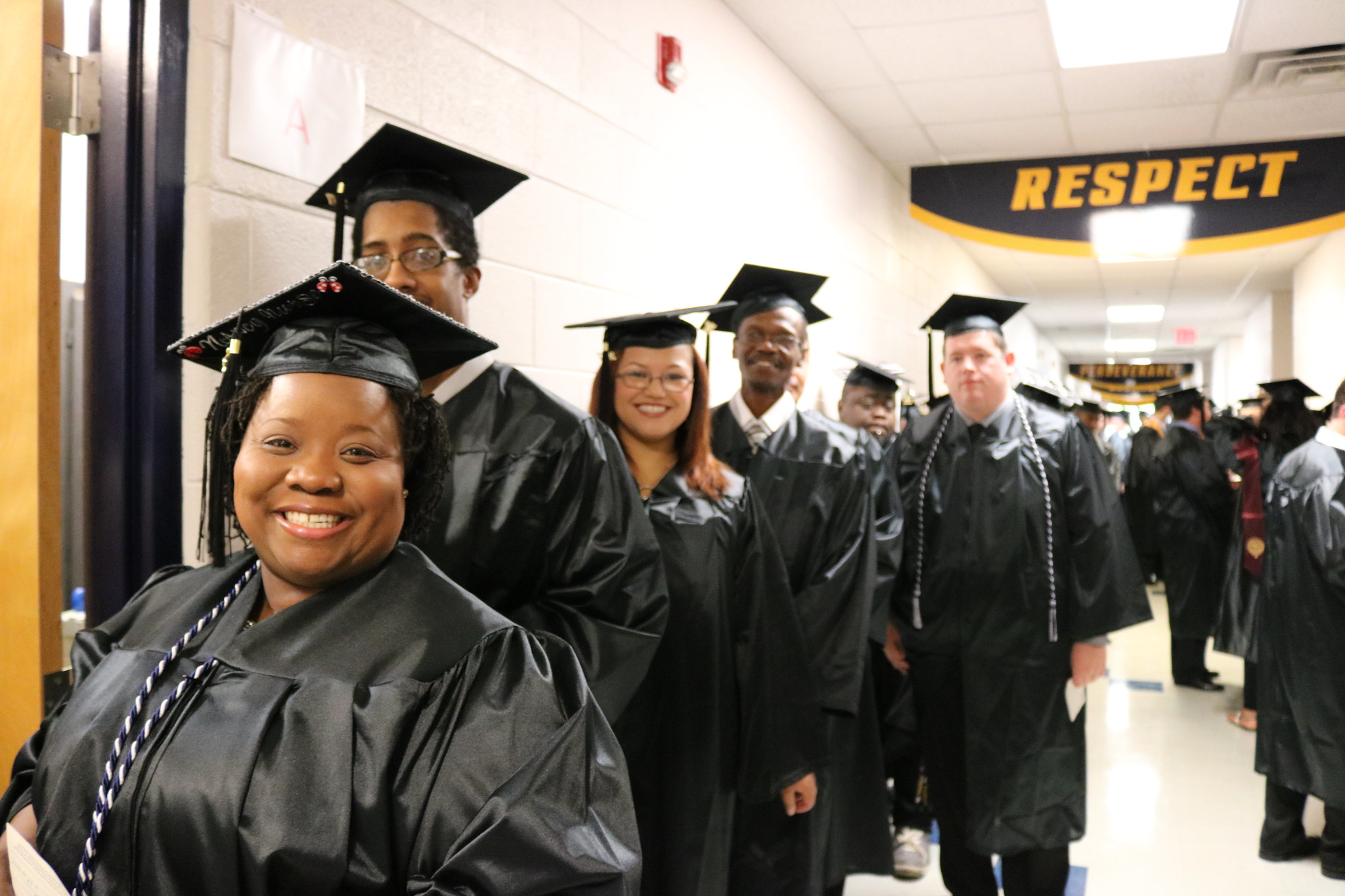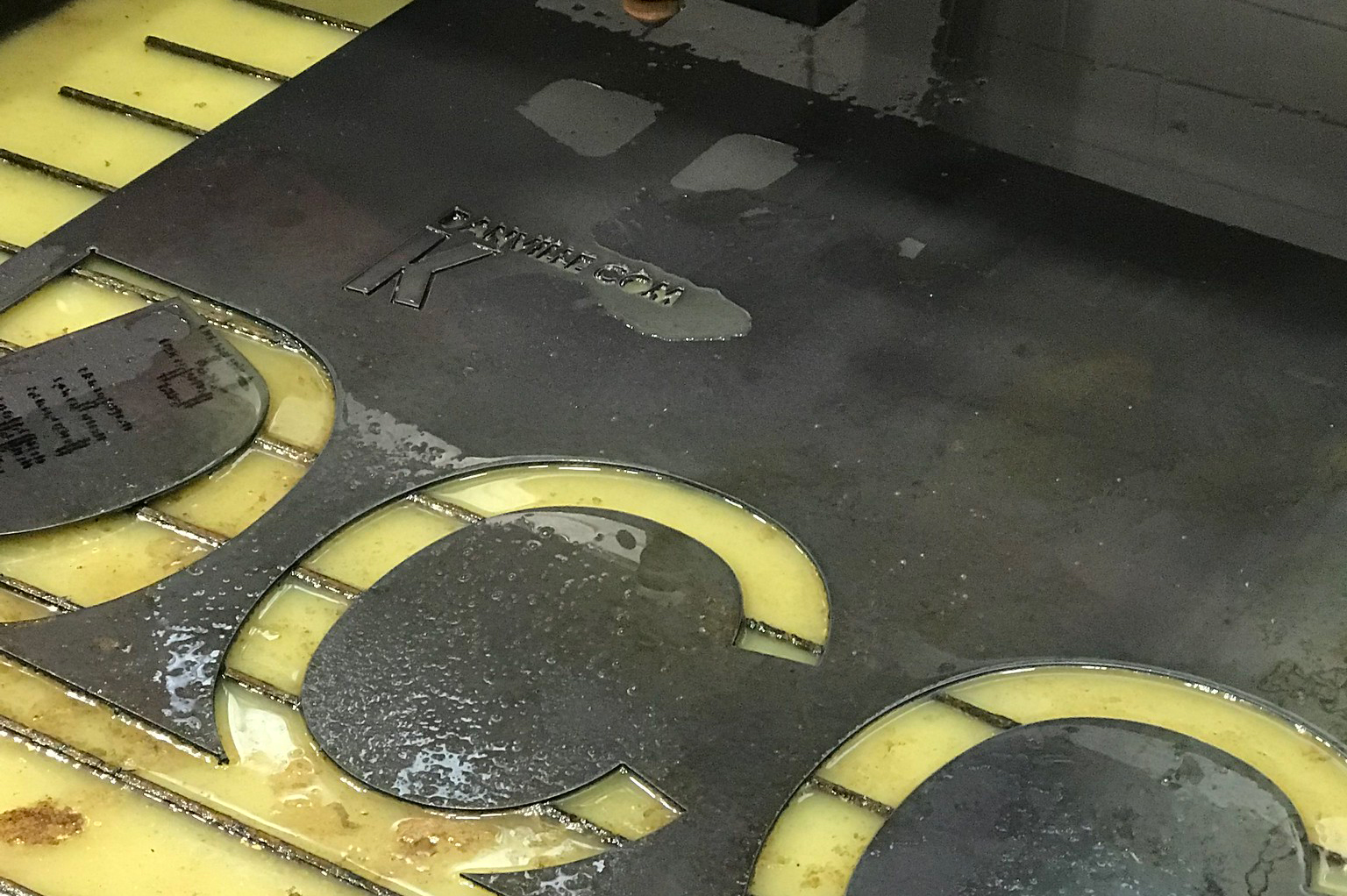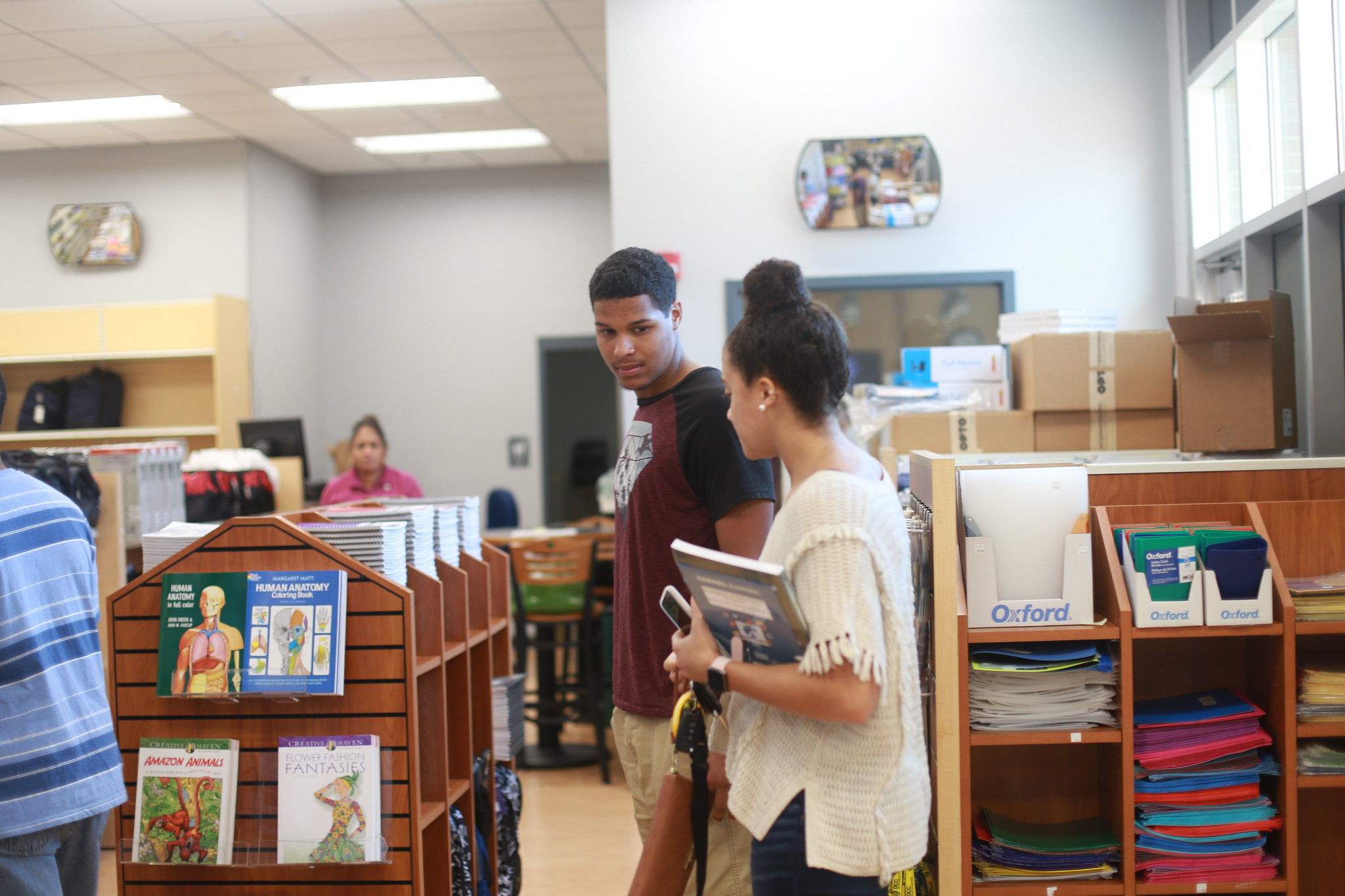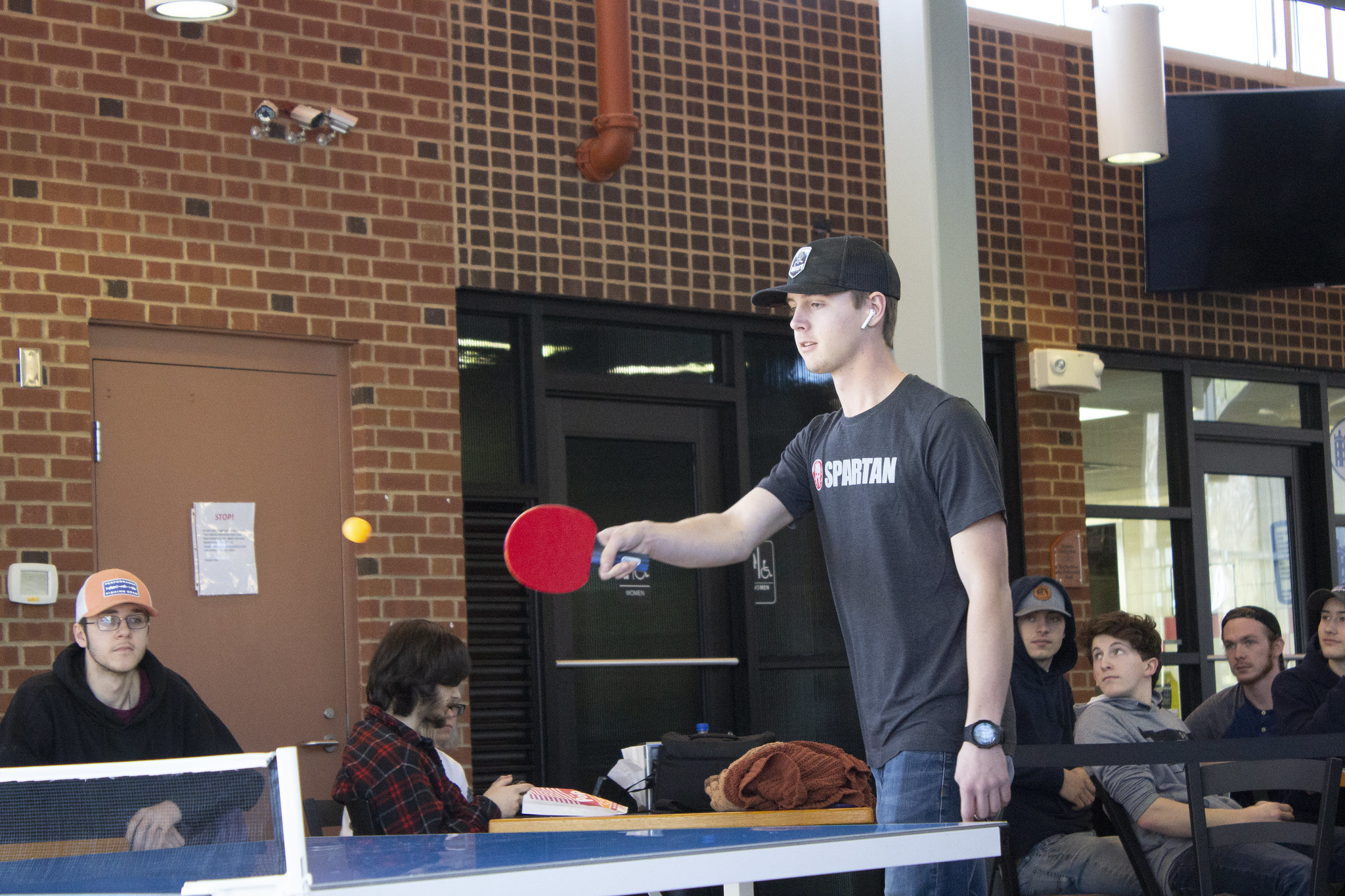Services
The DCC Math Lab is a walk-in tutoring service available free to all DCC students. Located in the LRC 5 (lower level), the Math Lab provides tutoring for a wide variety of math courses offered at DCC. Although help cannot be guaranteed for every math course, we will work to provide assistance to any DCC student who comes to us for mathematics help.
For more information about the Math Lab, please call us at 434-797-6431 or email us at tutoring@danville.edu
Hours
Monday: 9:00 am-5:00 pm
Tuesday: 9:00 am-5:00 pm
Wednesday: 9:00 am-5:00 pm
Thursday: 9:00 am-5:00 pm
Friday: Closed
Policies
- Students must sign in to the math lab using their student ID number.
- Students should not expect tutors to provide answers to graded assignments such as quizzes, tests, and exams.
- Uses of the Math Lab
To receive help with specific problems and/or topics
To review notes and improve your understanding of concepts being taught
To review and/or prepare for tests
To fill in gaps in your background
To develop and/or reinforce good math study skills
To learn how to use graphing calculators and other computer resources
To access Hawkes Learning and/or WebAssign
To take a Unit Exam (Developmental Math Only)
- Student Testimonials
“The math lab has been a great help. The monitors are knowledgeable, polite, and happy to help. It has been the best support I’ve had all semester."
“I am doing well in my math course because of the math lab. The math lab instructors are nice, easy to work with, and explain the math so well."
“The math lab has been a great help in allowing me to succeed in my math course. Everyone in the math lab is very helpful and the teachers were awesome. Two thumbs up."








